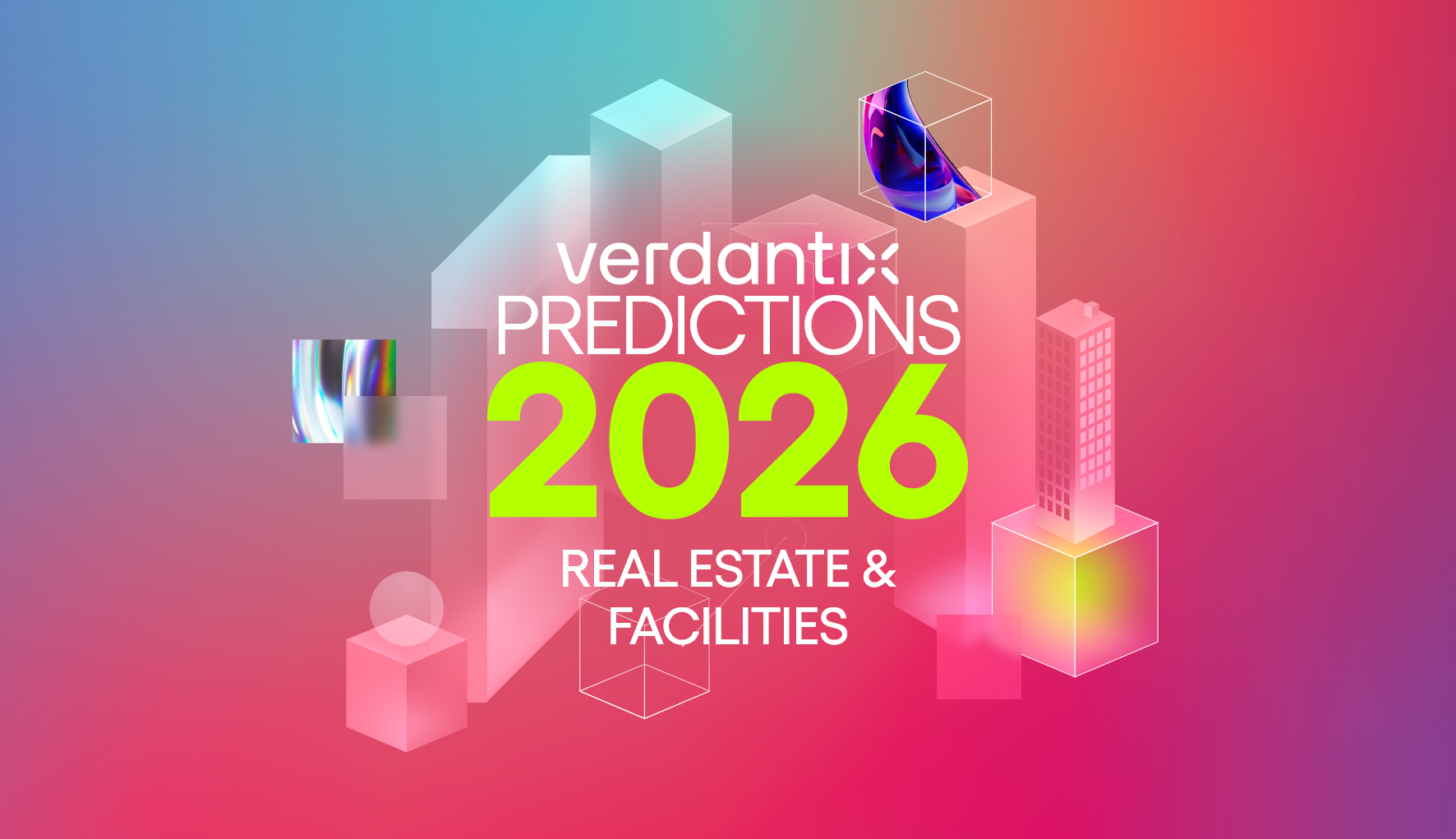Energy Efficiency Set To Create Winners And Losers In London Real Estate Market

Ben Readman
The race for UK landlords to decarbonize their portfolios is heating up. The value of real estate assets in London has taken a hit amidst rising interest rates, higher borrowing costs, and falling demand. Against the backdrop of doom and gloom, there are key opportunities emerging for landlords and REITs willing to retrofit their spaces, and significant risks for those that delay. As hybrid working practices settle in and company net zero targets and reporting requirements intensify, the demand for high-quality, amenity-rich, and energy-efficient offices is looking strong. A period of economic uncertainty is the time for landlords to get to work upgrading their buildings.
The size of the opportunity is becoming clearer. In the past, the inscrutable concept of green premiums and brown discounts has been tricky to prove. Now, more conclusive evidence is emerging. Since 2019, there has been an accelerating sales price gap for similar buildings with and without sustainability ratings that now stands at 25% for London offices – and this premium is not limited just to building sales.
Regulatory mechanisms are expected to cement the opportunities created by market forces and occupant demand for energy-efficient buildings. Under the UK Minimum Energy Efficiency Standards (MEES), commercial buildings with an Energy Performance Certificate (EPC) rating of less than B by 2030 will be unable to lease their buildings legally. Research from Deloitte found that 80% of London offices do not currently meet these standards and significant refurbishments are required to prevent energy-inefficient offices from becoming stranded and unable to be leased. Landlords have taken note and are engaging more and more in retrofit projects. Yet, not all office space will reach these standards if current trends continue.
Investing in the technologies, insulation, and low-carbon energy-efficient generation sources to meet the MEES standards will be costly in some cases. However, the risks of inaction and legislative obsolescence are too big for landlords to ignore. Further, there are notable financial benefits available in the form of rental premiums and lower energy bills for those that get ahead of the pack and begin their retrofit programs early. Verdantix expects those benefits to increase as the MEES regulation creates a supply squeeze, forcing occupiers to pre-let buildings in advance.
Fortunately for landlords, the market is awash with energy management solution providers offering innovative solutions and flexible pricing models. Even landlords at the very beginning of their decarbonization journey can benefit from low-hanging fruit, such as installing LED lighting. Though funding remains a challenge, the question for landlords is not whether they can afford to retrofit their buildings; it is whether they can afford not to.
About The Author

Ben Readman
Industry Analyst





